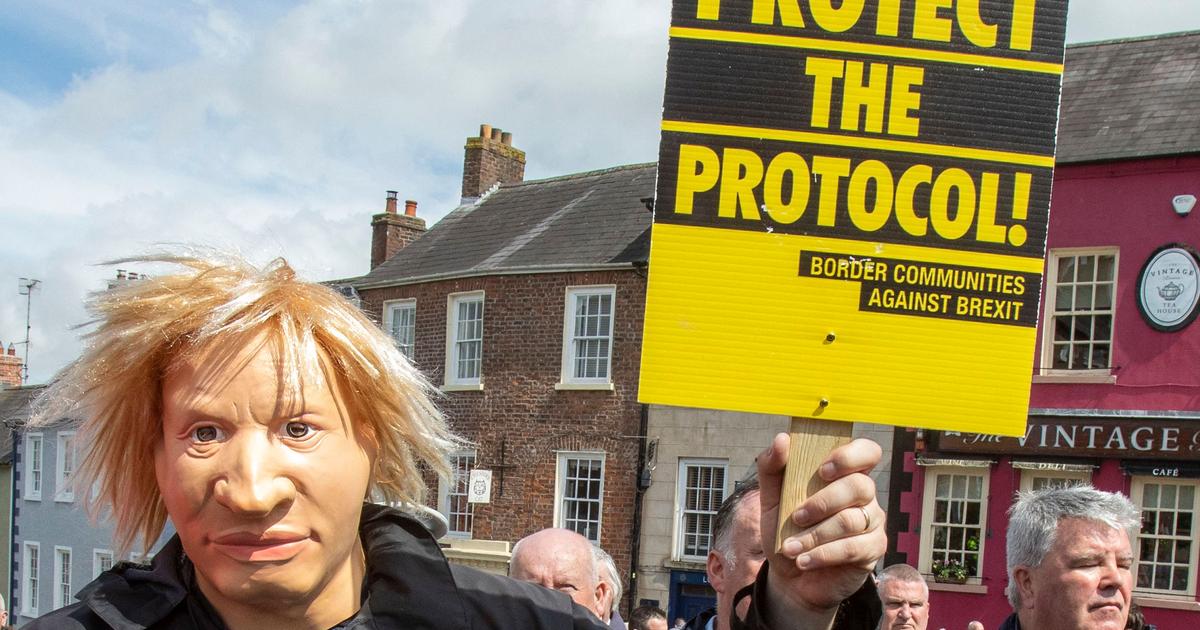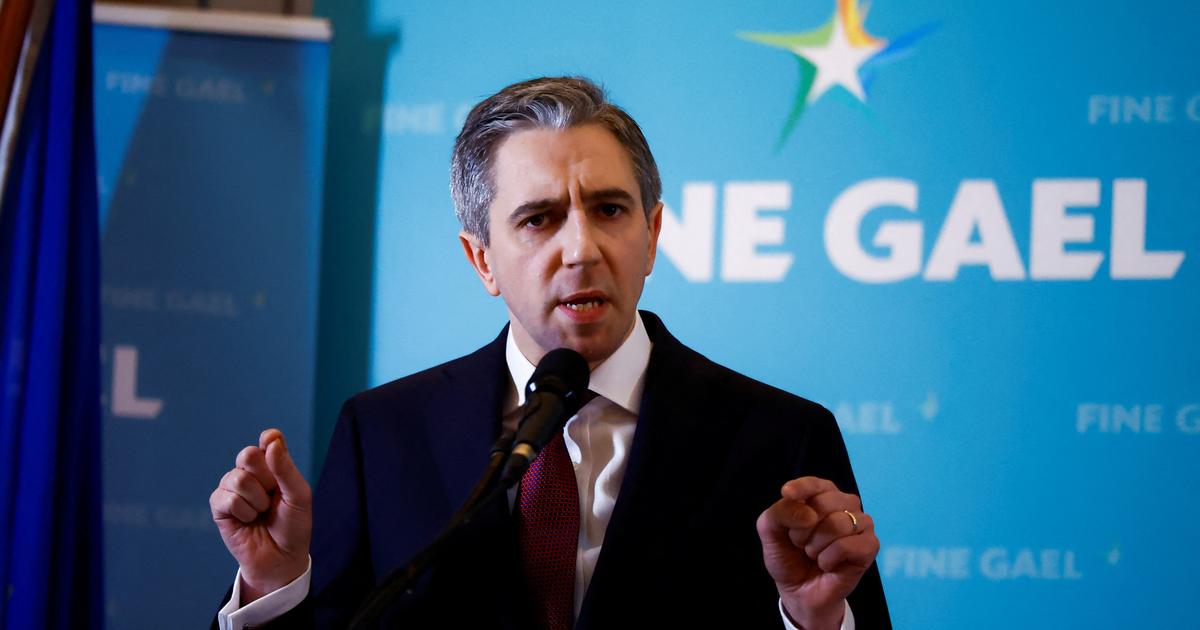Jeremy Stubbs is President of the Association of British Conservatives in Paris and Deputy Managing Editor of Causeur.
FIGAROVOX. - On 5th May Sinn Féin, a party advocating the reunification of Ireland, came out on top in the general elections. Since then, the DUP (unionists) refuse to participate in the government and block local institutions. How did we arrive at such a situation?
Jeremy Stubbs. -
Political life in Northern Ireland is governed by the Belfast Agreements (also known as the Good Friday Agreement), the first of which, signed by the governments of the Republic of Ireland and the United Kingdom, and a second, signed by the various political parties of Northern Ireland (except the DUP).
The number of seats in the Legislative Assembly obtained by each party determines the role that party plays in the executive government of the 'province' (such being the status of Northern Ireland within the United Kingdom).
The majority party appoints the prime minister;
the party that comes second appoints the Deputy Prime Minister.
According to the principle of power sharing between nationalists and unionists, if one of the two parties in question refuses to appoint someone, the
executive can not work.
However, since the elections of May 5, the leader of the DUP refuses to participate in the executive.
Not to protest against the victory of the nationalists of Sinn Féin, but to express its dissatisfaction vis-à-vis the protocol on Northern Ireland which governs customs exchanges across the Irish Sea between the province and Great Britain. Brittany.
It should be noted that the executive government has ceased to function several times since the system was created, the two longest interruptions being from 2002 to 2007 and from 2017 to 2020. The executive collapsed again in February of this year after the resignation of the Prime Minister, at the time the leader of the DUP, who protested against the protocol.
The big winner of these elections is the Alliance Party, a centrist formation, neither nationalist nor unionist, whose number of seats rose suddenly from 8 to 17.
Jeremy Stubbs
Should we see in Sinn Féin's victory a rise in Irish nationalist demands or rather a dissatisfaction with the post-Brexit situation in Northern Ireland?
Sinn Féin has not campaigned at all in these elections on the issue of the reunification of Ireland, the legal and practical terms of which have rarely been discussed in recent years, either by the parties in the North or by the government of the Republic.
If Sinn Féin was able to emerge for the first time as the majority party, it was because it was able to speak to the daily concerns of citizens regarding the cost of living and inflation.
Sinn Féin's victory, predicted for some time, is less surprising than the growing importance of non-community voting.
Because Sinn Féin's number of seats – 27 – remained the same as in 2017, while the number of DUP seats fell from 28 to 25. The big winner in these elections is the Alliance Party,
a centrist formation, neither nationalist nor unionist, the number of seats of which rose suddenly from 8 to 17. unionism, but rather towards a certain indifference to these old forms of loyalty.
Overall, the number of seats held by unionist parties remains slightly dominant: 37 against 35 for nationalist parties.
But there are now 18 Assembly members who are non-aligned, and their voters have a younger profile than the traditional parties.
but rather towards a certain indifference to these old forms of loyalty.
Overall, the number of seats held by unionist parties remains slightly dominant: 37 against 35 for nationalist parties.
But there are now 18 Assembly members who are non-aligned, and their voters have a younger profile than the traditional parties.
but rather towards a certain indifference to these old forms of loyalty.
Overall, the number of seats held by unionist parties remains slightly dominant: 37 against 35 for nationalist parties.
But there are now 18 Assembly members who are non-aligned, and their voters have a younger profile than the traditional parties.
Faced with the current paralysis, British Foreign Minister Liz Truss has announced that she wants to modify the protocol on Northern Ireland signed with the European Union. Although she said she preferred a negotiated solution, a unilateral modification by London does not seem to be excluded. What would be the consequences ?
Since the start of negotiations on the application of the protocol, London has regularly threatened to denounce the agreement or to modify it unilaterally.
Liz Truss has just announced the preparation of a bill which would change certain aspects of the control of goods arriving in Northern Ireland from Great Britain.
Still, she insisted that it would take some time to enact such a law and that she preferred a negotiated solution.
The announcement therefore seems to be above all a way of putting pressure on Maros Sefcovic and the EU negotiators.
The Republic, concerned above all with maintaining an open border with the North, is quite open to a compromise on the maritime border, provided that the EU's single market is protected.
Jeremy Stubbs
Would a removal of the customs border between Northern Ireland and the rest of the United Kingdom be likely to calm the political situation? How would this be perceived by the Republic of Ireland?
In fact, it is not a question of abolishing the customs border but of “easing” the controls sufficiently so that this border is not made very visible by extensive infrastructures or time-consuming and costly procedures.
The Republic, concerned above all with maintaining an open border with the North, is quite open to a compromise on the maritime border, provided that the EU's single market is protected.
It is essentially a matter of mutual trust.
For its part, the United Kingdom has a strong interest in resolving the problem fairly in order to respect the division of powers in the province.
SEE ALSO -
Northern Ireland: London intends to modify the post-Brexit agreement "in the coming weeks"


/cloudfront-eu-central-1.images.arcpublishing.com/prisa/L3B6RTJMYJEIPIFGSS2KBV2M5U.jpg)
/cloudfront-eu-central-1.images.arcpublishing.com/prisa/AS7VYAO3BRSC76EXWCUSBFL4TI.jpg)





